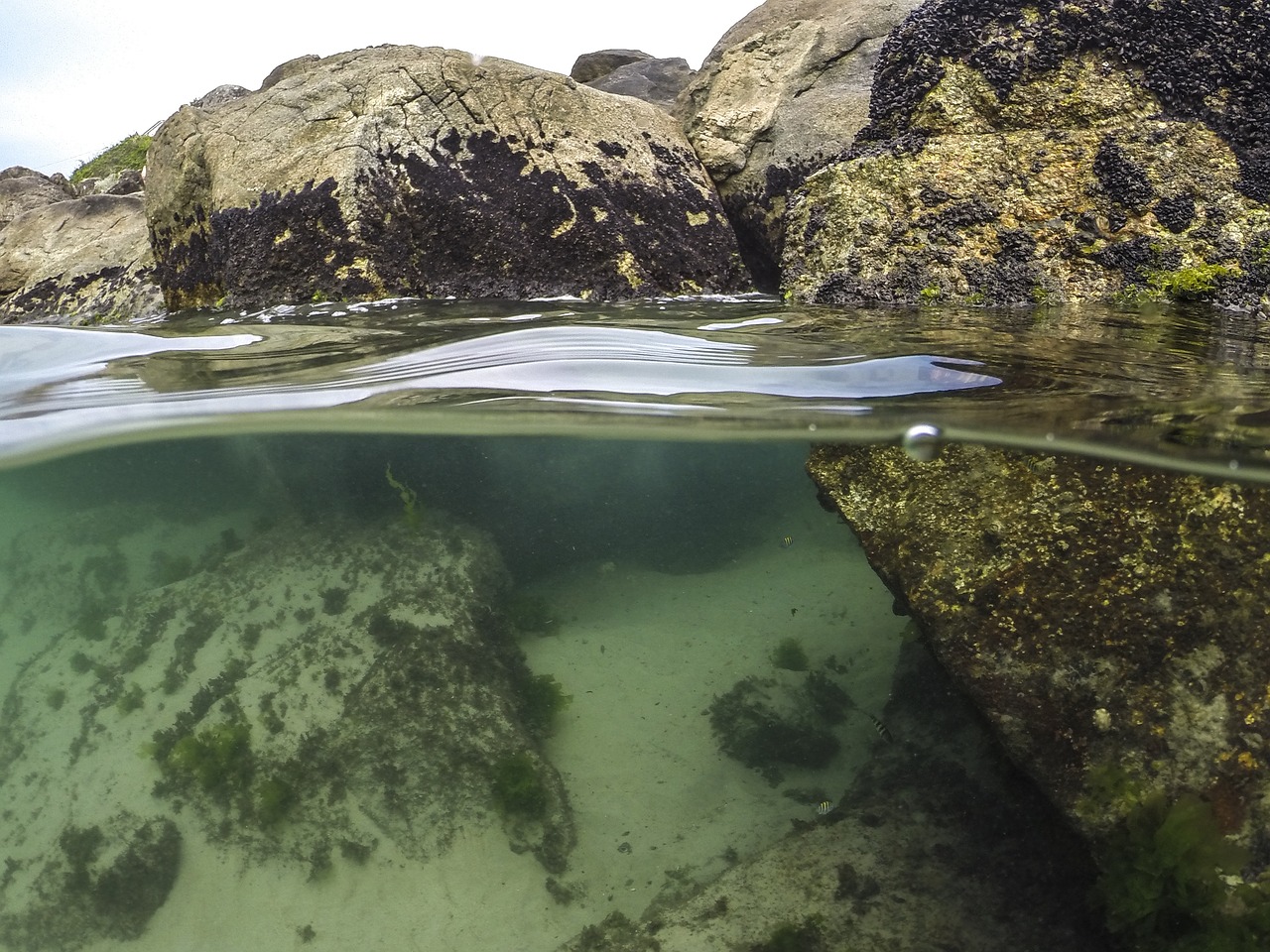Language and Communication: Overcoming Barriers in Brazil
Language and communication are crucial aspects of human interaction. They play a significant role in connecting people, sharing ideas, and fostering understanding. In a country as diverse as Brazil, with its vast cultural and linguistic heritage, overcoming language barriers is essential for effective communication. This article explores the challenges and solutions related to language and communication in Brazil, highlighting the efforts made to bridge the gap and ensure effective communication among its diverse population.
Cultural and Linguistic Diversity in Brazil
Brazil is a country known for its cultural and linguistic diversity. With a population of over 210 million people, Brazil is home to various ethnic groups, including Indigenous communities, Europeans, Africans, and immigrants from other parts of the world. This diversity is reflected in the languages spoken across the country.
- Portuguese: Portuguese is the official language of Brazil. Introduced by Portuguese colonizers, it is spoken by the majority of the population. Brazilian Portuguese has its unique characteristics and regional variations.
- Indigenous Languages: Brazil is also home to numerous Indigenous languages, with over 170 distinct languages spoken by Indigenous communities. These languages are an integral part of Brazil’s cultural heritage.
- Immigrant Languages: Due to historical immigration waves, languages such as Italian, German, Japanese, and Spanish are spoken by communities descended from immigrants. These languages contribute to the linguistic diversity of Brazil.
Language Barriers in Brazil
Despite the linguistic diversity, language barriers can pose challenges in Brazil. These barriers can hinder effective communication, limit access to education and healthcare, and create social and economic disparities. Some of the main language barriers faced in Brazil include:
- Limited English Proficiency: While English is widely taught in schools, the overall proficiency level is relatively low. This can make communication difficult for non-Portuguese speakers visiting or living in Brazil.
- Indigenous Language Endangerment: Many Indigenous languages in Brazil are endangered due to language shift and the dominance of Portuguese. This can result in communication barriers between Indigenous communities and the wider population.
- Regional Dialects: Brazil’s vast size and regional diversity have led to the development of distinct regional dialects. These dialects can pose challenges for communication between individuals from different regions.
Efforts to Overcome Language Barriers
Recognizing the importance of effective communication, Brazil has implemented various initiatives to overcome language barriers and promote inclusive communication. These efforts include:
- Language Education: The Brazilian government emphasizes language education, particularly Portuguese, as a means to enhance communication skills and promote social integration.
- Indigenous Language Preservation: Efforts are being made to preserve and revitalize Indigenous languages in Brazil. This includes initiatives such as bilingual education programs and the documentation of Indigenous languages.
- Language Access Services: Public institutions and service providers are increasingly offering language access services, including interpretation and translation, to ensure effective communication with non-Portuguese speakers.
Brazil Image 1:

Language Technology Solutions
In addition to the above efforts, language technology solutions have played a significant role in overcoming language barriers in Brazil. These solutions leverage advancements in technology to facilitate communication and bridge the language gap. Some notable language technology solutions in Brazil include:
- Machine Translation: Machine translation systems, such as online translation platforms and mobile applications, enable instant translation between Portuguese and other languages. This facilitates communication for tourists and non-Portuguese speakers.
- Speech Recognition: Speech recognition technology has been utilized to develop voice assistants and speech-to-text applications that transcribe spoken language into written text. This aids communication for individuals with hearing impairments or those who prefer written communication.
- Language Learning Applications: Mobile applications and online platforms offer language learning resources for individuals interested in learning Portuguese or other languages spoken in Brazil. These applications provide interactive lessons and practice exercises.
Brazil Image 2:

Accessible Communication in Brazil
To ensure accessible communication for individuals with disabilities, Brazil has implemented measures to provide equal opportunities and inclusive services. These measures include:
- Sign Language Interpreters: Brazilian Sign Language (LIBRAS) is recognized as an official language in Brazil. Sign language interpreters are available in various settings, such as educational institutions, healthcare facilities, and public events, to facilitate communication for individuals with hearing impairments.
- Accessible Information: Efforts are made to provide information in accessible formats, such as braille, audio recordings, and large print, to cater to individuals with visual impairments or print disabilities.
- Web Accessibility: Websites and digital platforms are encouraged to adhere to web accessibility guidelines, ensuring that individuals with disabilities can access online information and services.
Brazil Image 3:

Conclusion
Language and communication are essential for connecting people and fostering understanding. In Brazil, with its diverse cultural and linguistic landscape, overcoming language barriers is crucial for inclusive communication. Through language education, preservation of Indigenous languages, language access services, and advancements in language technology, Brazil is making significant efforts to bridge the language gap and ensure effective communication for all.
References
– brazil.gov.br
– ibge.gov.br
– ethnologue.com
– unesco.org.br

